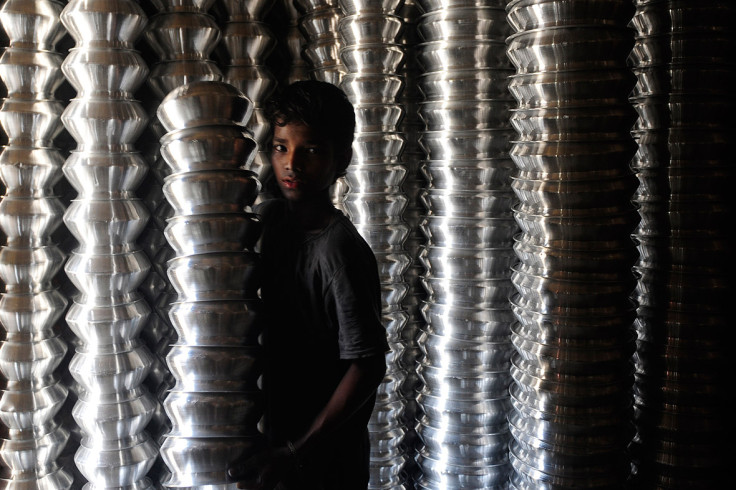The Bangalore Blogger: World Bank Doing Business As Usual - Making a Mockery of Poverty Reduction

Never one to take its mission seriously - in this case "ending extreme poverty and promoting shared prosperity" - the World Bank has this week released its annual Doing Business Report.
It's a rich compendium of the never-ending opportunities that countries should take to strengthen modern businesses' ability to mimic the oligarchies of centuries gone-by - reaping the rewards of their efforts, while throwing crumbs to the masses below.
The 12th report in their series ranks countries against a range of indicators that are intended to demonstrate how business can thrive, though not necessarily how they might thrive for the many. Thus countries in the report are perversely praised for introducing measures that go contrary to any semblance of poverty reduction goals: high marks are given for lower taxation; low marks are given for "employment rigidity" (i.e. labour laws).
With credit to the eagle-eyed researchers on Twitter:
- Côte d'Ivoire loses points for having increased the employers' contribution rate for social security related to retirement;
- Kenya is marked down for raising taxes to pay for social security;
- Brazil is penalised for imposing restrictions on fixed-term contracts for permanent work; and
- Kazakhstan is criticised for levying an environmental tax.
The report considers taxes paid for waste collection, roads, or social contributions all to be a burden on business. Heaven forbid people should have pensions, or job security, or a clean environment.
There is some regulation that is, no doubt, bad for business and for poverty reduction alike, but paying taxes or supporting a workforce aren't some of them, especially in the poorest countries.

Oddly, of the countries that are ranked highest for doing business in, several are relatively high tax economies; Denmark, Norway, and New Zealand for example. So why not penalise countries in the developing world for trying to do the same?
Perhaps as important as what's in the rankings is what's missing. Absent are those measures that might genuinely impact on the shared prosperity agenda - corruption and bribery, for example, or a healthy civil society that holds governments and businesses to account. Internal strife is entirely ignored.
Thailand ranks quite highly in spite of having been on the brink of a civil war earlier in 2014. Hong Kong, as one commentator noted, is great for business, not so great for democracy and freedom of expression. Maybe the UAE ranks so highly for business because of the abundance of affordable domestic migrant workers who are, according to Human Rights Watch, "trapped, exploited and abused."
Core International Labour Organisation standards, like those which prohibit child labour, also aren't included, so one can suppose that enabling a company to hire children is a key advantage to "doing business" - it certainly is for Saudi Arabia.
Though the report considers protection for minority shareholders to be an advantage, concentration of capital or land is irrelevant in spite of warnings from the Organization for Economic Cooperation and Development (OECD) that high levels of inequality are likely to lead to economic stagnation in the long-run.
Countries in the report are perversely praised for introducing measures that go contrary to any semblance of poverty reduction goals.
The "regulation is bad for business" mantra should have been disposed of long before the 2008 economic crisis, though it still clings to the lips and pens of the businesses and policy makers on whom they depend.
From where does business expect to get its future educated workforce? Does it want to see long-standing businesses go bankrupt (like the US auto sector did), in part because they can't afford the high privatised health care costs? Does it want to impose poverty wages on its workforce or ensure people are so job-insecure that ultimately no one can afford to keep an economy going?
For most investors, of course, the rankings seem to be more or less ignored. China is the second highest host country in the world for foreign direct investment, and has more than halved the number of people living in poverty in recent years, yet ranks 90th in the Doing Business report, having ignored most World Bank style prescriptions.
This is by no means a "shared prosperity" approach to measuring what's good for business. Instead it's tired, arrogant and long past its sell-by-date. But I suppose that's only if the World Bank wants to stay true to its stated mission. Apparently it does not.
© Copyright IBTimes 2025. All rights reserved.






















